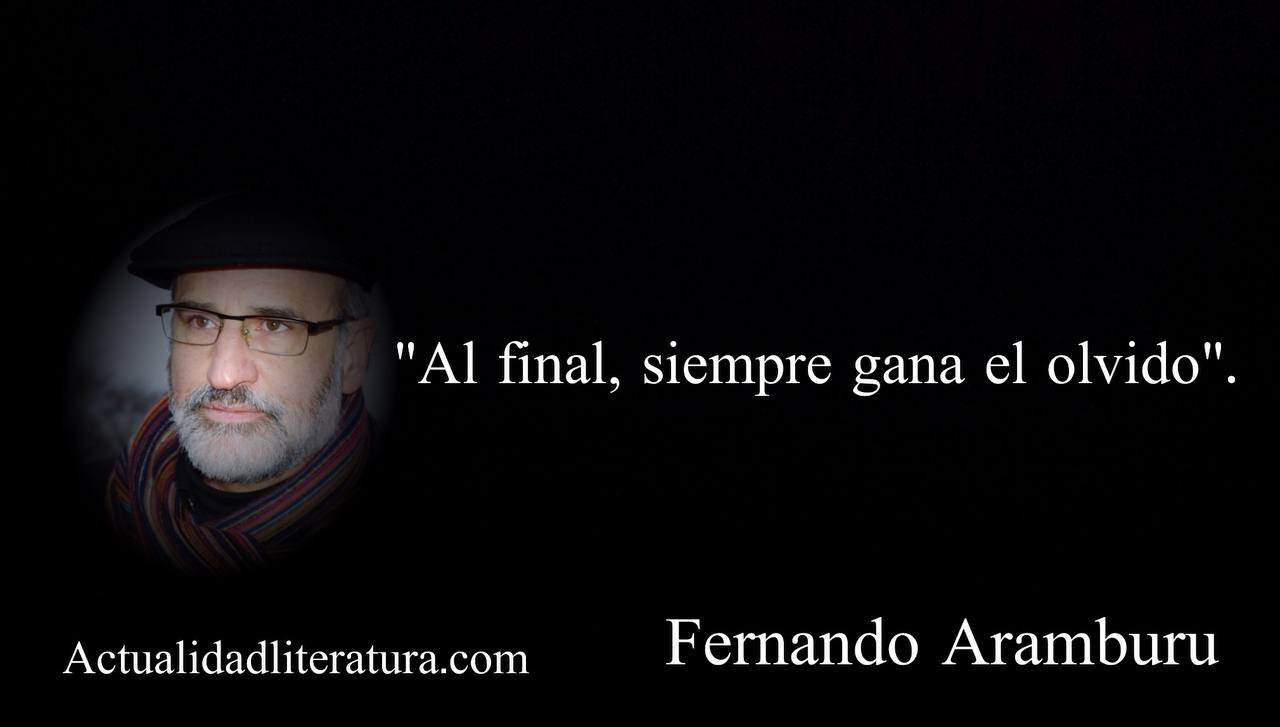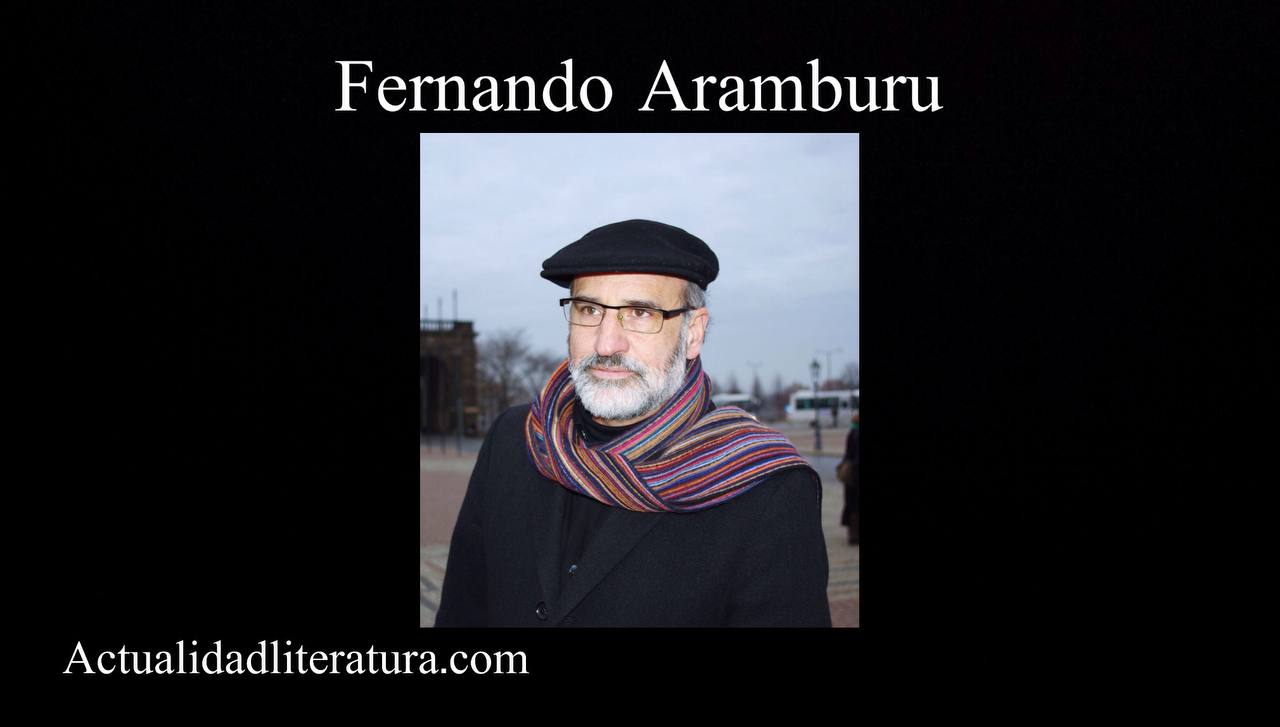
Phrase by Fernando Aramburu
Today, the mention of ETA generates fierce divisions in the Spanish sociopolitical sphere. Much of the current controversy revolves around the recently enacted Democratic Memory Law, supported by progressive politicians and vilified by conservatives. The latter describe the aforementioned law as "revanchist, sectarian and agreed with terrorists."
Indeed, most of the Western democracies and the world's most influential supra-governmental institutions —UN, OAS, European Union, among other- they considered ETA as an extremist group. Evidently, It is not an easy subject to address. For this reason, a series of books with different points of view on the rise, rise and end of ETA is presented below.
About ETA
Euskadi Ta Askatasuna was a self-proclaimed “independence, patriotic, socialist and revolutionary” movement that operated mainly in the Basque Country (northern Spain and France). The main objective of the organization was to promote the genesis of a completely independent socialist state in Euskal Herria.
The bulk of ETA's criminal activities began after the death of Francisco Franco (1975) until the mid-1990s. They included robberies, bombings, kidnappings, arms trafficking, and bribery, hence their status as terrorists. The radical group even managed to raise around 120 million US dollars thanks to its extortions. In 2011, the group demobilized definitively.
the balance of terror
- Investigations by the French and Spanish authorities indicate that ETA killed more than 860 people (including 22 children);
- Most of his victims were of Basque origin and they included civil guards (mainly), magistrates, politicians, businessmen, journalists and professors;
- His bombings caused numerous deaths to civilians, declared as “collateral damage”, according to the organization.
Synopsis of the most important books of ETA
Homeland (2016)
This novel represents a milestone in the literary career of Fernando Aramburu. In fact, the publication earned multiple awards —such as the Critics Award or the National Narrative Award, among others— to the writer from San Sebastian. Additionally, in 2017 HBO Spain announced that the title will be turned into a television series (its premiere was delayed due to the Covid-19 pandemic).

Fernando Aramburu
Homeland presents the story of Bittori, the widow of a businessman assassinated by ETA in a fictitious rural enclave in Guipúzcoa. At the beginning of the book, she visits her husband's grave to tell him that she is going back to the town where the murder took place. But, despite the final deactivation of the terrorist group, in that village there is a stressful tension masked by the prevailing false tranquility.
ETA and the heroin conspiracy (2020)
In 1980, ETA accused the Spanish state of introducing heroin as a political tool to inactivate and ruin the Basque youth. Then, under that argument, the regionalist organization launched an alleged radical campaign against drug trafficking. But, in the perspective of the author Pablo García Varela, the "drug mafia" was a myth created by the terrorist group.
To argue your point, Varela —PhD in Contemporary History from the UPV/EHU— He did extensive research on the subject. The result is a text that clarifies with data and evidence how the real objective of ETA was to consolidate its armed component. Also, the author provides the possible causes of the drug problem in the Basque Country with its pertinent solutions.
1980. Terrorism against the Transition (2020)
Starting in 1976, Spain began a slow and traumatic process of change from the Franco dictatorship to democracy. There were just over six years in which terrorism represented the greatest threat to the stability of a country in crisis. The motive for the crimes was the staunch rejection of the Transition by radical groups with different political profiles.
Of course, despite the varied tendencies of these organizations (separatists, ultra-leftists, ultra-rightists…) they all decided to use terror to break the State. During those years, the most turbulent was 1980, when 395 attacks were registered., causing 132 deaths, 100 injuries and 20 kidnappings.
Plug
Coordinators: Gaizka Fernández Soldevilla and María Jiménez Ramos. foreword: Luisa Etxenike.
Writers: Gaizka Fernández Soldevilla, María Jiménez Ramos, Luisa Etxenike, Juan Avilés Farré, Xavier Casals, Florencio Domínguez Iribarren, Inés Gaviria, Laura González Piote, Carmen Lacarra, Rafael Leonisio, Javier Marrodán, Irene Moreno, Roberto Muñoz Bolaños, Pablo Pérez López, Matteo Re, Barbara Van der Leeuw.
Publishing: Technos.
The narratives of terrorism (2020)
Edited by Antonio Rivera and Antonio Mateo Santamaría, This book brings together the perspectives of 20 authors among experts in history, philosophy, sociology, and communication. In particular, the writers explore the end of criminal activities and the dissolution of ETA. Likewise, the text delves into the current situation of terrorism with its respective normalization in all types of cultural media.
Consequently, brutality has permeated the population through the press, cinema, literature and television. Given such a spread, the authors question the way in which history is being told to new generations. They warn that the greatest danger is that a biased narrative can come to justify terrorist violence and ignore the suffering of the victims.
Fernando Buesa, a political biography. It's not worth killing or dying (2020)
On February 22, 2000, the socialist politician Fernando Buesa —together with his escort, Jorge Díez Elorza— was assassinated by ETA. The deceased in question had been threatened by the terrorist organization due to his opposition to institutional nationalism of the parties aligned with ETA. This secessionist ideological tendency was very palpable in the PNV (Basque Nationalist Party) and some factions of the PSE (Socialist Party of Euskadi).
Regarding the book, Mikel Buesa, Fernando Buesa's brother, declared to Libertad Digital that the text fails to relate some important biographical aspects of the murdered However, the publication by historian Antonio Rivera and Eduardo Mateo —a delegate at the Fernando Buesa Foundation— does cover details related to the internal struggles in Alava socialism.
Pain and memory (2021)
This comic written by Aurora Cuadrado Fernández and published by Saure presents ten stories about suffering, loneliness, abandonment, fear and death. His characters seem "normal", because none of them wanted to become the protagonist. However, everyone is forced to walk the difficult path of resilience in order to cope with adversity and embrace the future.
They are people with very different backgrounds, but with one thing in common: their lives were drastically changed by a terrorist act. To assemble the stories, the author resorted to the testimonies of victims and affected relatives by extremist groups such as ETA, GRAPO or Islamic terrorism (11-M). The main illustrators of the comic are Daniel Rodríguez, Carlos Cecilia, Alfonso Pinedo and Fran Tapias.




